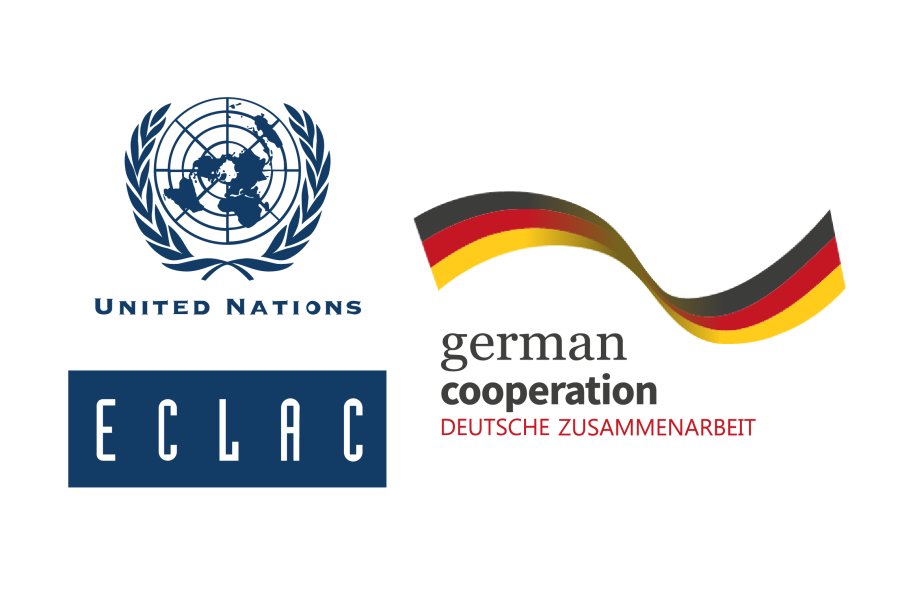Demographic transition: Opportunities and challenges to achieve the Sustainable Development Goals in Latin America and the Caribbean
Work area(s)
Demographic transition: Opportunities and challenges to achieve the Sustainable Development Goals in Latin America and the Caribbean
- Publication type: Project documents
- Author: Turra, Cassio M.; Fernandes, Fernando
- Physical description: 81 páginas.
- Publisher: ECLAC
- UN symbol (Signature): LC/TS.2020/105
- Date: 29 October 2020
Abstract
The region of Latin American and Caribbean has witnessed rapid demographic, social, economic and political transformations in the last 50 years. Despite the reduction in poverty, the progress made in the provision of essential services to the population and the improvements in education, health and gender equality, many problems remain. In particular, levels of both inter- and intragenerational inequality are high. Also, in most cases, the demographic transition has outpaced societies’ ability to create conditions for sustainable development.
Well-being measures vary by age, gender and other demographic dimensions. Therefore, progress towards attainment of the Sustainable Development Goals (SDGs) is inextricably linked to population trends, hence societies should adopt policies that anticipate population dynamics if they want to make the most of the opportunities and respond to the new challenges presented by the demographic transition. Implementation of the 2030 Agenda for Sustainable Development is also susceptible to how families, governments and the market distribute resources within and between age groups. In the light of these far-reaching demographic changes, adjustments may need to be made to programmes to allocate resource over the life cycle, in order to ultimately address inequality levels and ensure the successful implementation of sustainable development.
Table of contents
- Introduction
- I. Objectives and limitations
- II. The demographic transition in the Latin America and Caribbean region
- III. The generational economy and National Transfer Accounts (NTAs).
- IV. The Sustainable Development Goals: associations with demographic and National Transfer Account measures
- V. Overview, challenges and recommendations
- VI. Final recommendations.
